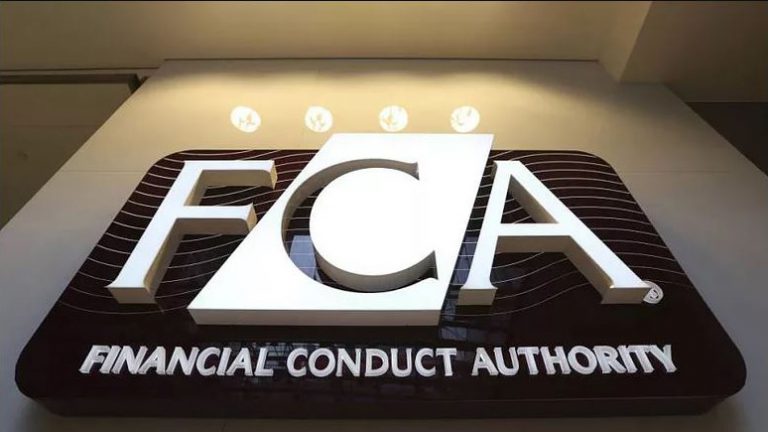
The National reported in January that the UK regulator Financial Conducts Authority (FCA) announced measures to increase protection of British investors in the UAE regarding pension transfers. Their clampdown is aimed at brokers and advisers who are putting clients into unsuitable investments and even scamming them of their hard earned money.
The likely target of these companies are those individuals aged 55 and over who will soon be eligible to access their funds as they wish.
So, what can you do to avoid pension transfer scammers?
Here are the top 7 tips:
1. Ensure your adviser is adequately qualified in finance and pensions. The two recognised financial bodies are the Chartered Insurance Institute (CII) and the Chartered Institute for Securities & Investment (CISI). Your financial adviser should have certification in place to show their understanding of investments, securities and pensions. In the UK, the minimum standard is level 4 diploma.
2. Find out if your financial adviser’s company is licensed by the Insurance Authority (IA) in the UAE. Don’t be afraid to ask your adviser for a copy of the company’s trade license. An honest adviser will be very happy to provide you with this. You can also use the IA’s online tool to find out if the agency is registered with them.
3. Double check if the provider and product offered are licensed with IA. You can check this by using the same tool described in the item 2 above. Ask your financial adviser for the provider’s product brochure that he is offering to you.
4. Make sure your adviser’s company is registered with the UK regulator Financial Conduct Authority (FCA). The FCA also have a dedicated financial services register available on their website you can use to search and make sure your financial adviser’s company is registered with them. Check if they are authorised to provide pension advice specially in relation to defined benefits.
5. Ensure your adviser applies a scientific risk assessment method. Not everybody has the same attitude to risk. There are proven scientific ways to access and determine your tolerance to risk. It’s an important step of financial planning and should be ignored, because you may not want to be adventurous with your pension funds. A careful adviser will ask you several questions instead of trying to guess a number between 0 and 10.
6. Make sure your financial adviser has a solid strategy of investment diversification. A knowledgeable and diligent financial planner, normally has a dedicated fund analyst to design and manage your portfolio, selecting diversified assets classes based on your specific risk tolerance. Be careful with those who simply give you two or three hand-picked funds. Watch out for the so-called sophisticated investor funds as they are not suitable for the regular investor. A fair few of these funds have been suspended recently incurring major losses.
7. Ask your adviser about funds entry and exit charges. Some funds or investments carry an upfront charge. Although this is normal from retail outlets like banks, ask to see funds or investments with reduced cost. Look for daily priced and liquid funds, meaning that if you want to switch the holdings or withdrawal money, you can do so fairly quickly.
Alpha Open letter
Effective financial planning is not just about selling products like savings plans, investment bonds or pensions with hand-picked funds to be left alone. It requires a comprehensive and ongoing evaluation of your current and future financial circumstances. It requires a profound understanding of your specific needs and aspirations in short, medium and long terms. We call it financial planning from cradle to grave.
At Alpha we offer financial planning solutions taking into consideration all these relevant aspects and ultimately the three hard and main components:
1. What happens if you die too soon?
2. What happens if you become disabled or critically ill?
3. What happens if you live too long?
By answering these three questions openly, you will find that our financial planners can work more effectively and together take sensible decisions to put your money at work and help you achieve your goals in life – in a timely manner. We will not tell you what to do but prefer to give facts so you can make informed decisions about what you want to do, if at all.
Alpha is registered with both the FCA and IA, which makes us fully compliant with the necessary regulators to safeguard your rights.
We also have an in-house fund analyst, backed by an investment committee, whose put together and monitors all our client’s investments. These portfolios strictly follow our client’s attitude to risk to ensure that they are not placed in over adventurous funds. All our clients have regular meetings with their financial planners where they get up to date valuations and can discuss and agree before any changes to their portfolio.
It’s an unfortunate disgrace that time and again unscrupulous individuals and companies come about to take advantage of regular people, ruining their financial future and hurting an entire industry. But if you follow the tips described in this article, you can minimise the risks.
If you would like further information or help with your UK pension transfer, please get in touch.

